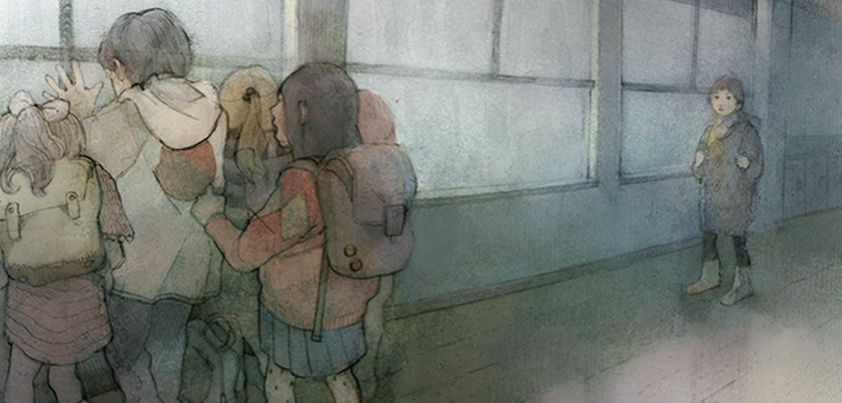Since the movie Blade Runner: 2049 has been released, I decided it’s time to talk about science fiction author Philip K. Dick. For those of you that don’t know, Blade Runner: 2049 is a sequel to the first movie Blade Runner. The first movie was based on a Philip K. Dick's novel titled, Do Androids Dream of Electric Sheep? I’ll get more into the new Blade Runner movie at the end but first, let’s talk about Philip K. Dick’s writing career.
By the time he passed away, at age 53, Dick had written and published 121 short stories and 44 novels. Even though Dick began publishing his work in the 1950’s, it wasn’t until the 60’s that he began to gain recognition and commercial success. In 1962 Dick wrote the novel, The Man in the High Castle which won the Hugo Award for Best Novel that year. His novel Flow My Tears, The Policeman Said, is the only novel Dick wrote that was nominated for both the Nebula and Hugo awards, but ultimately won the John W. Campbell Memorial Award for best novel in 1974. He was nominated 5 times for the Nebula Award's best novel and won for Do Android's Dream of Electric Sheep?
What makes Philip K. Dick such an accomplished author of science fiction? Dick used the world of sci-fi to explore some serious and deep themes. He often wrote about alternative universes, authoritarian governments and big corporations, which he used to explore philosophical, political and emotional themes about society and humanity. In the story Do Androids Dream of Electric Sheep? Dick deals with the idea of personal identity and what it means to be a human. The questions of humanity and reality are what I find so fascinating about his works. In his short story We Can Remember It for You Wholesale Dick explores the idea of fake memories that are implanted into a person. How does that affect the person's actual memories, and if the experience of the fake memories are so strong then how do we distinguish between what is real and what is not? It is these questions that really drive the science fiction worlds that Dick creates, and I find it just so philosophically intriguing.
His influence on the science fiction genre extends beyond his books and literature. Dick has had an extraordinary impact on film as well. Not just the movies that are adapted from his source material but his work has also influenced movies like The Matrix, Gattica, and Memento, just to name a few. Amazon adapted The Man in the High Castle as a television series, that is quite good. There was a television show based on the movie version of Minority Report, which was based on Dick's story The Minority Report. The show was a crime drama/mystery that took place after the events of the movie. The show was okay, ultimately didn't last. I prefer the movie with Tom Cruise. Of course, not all of the movies based on his stories were successful, no one remembers Paycheck with Ben Affleck, except the select few that saw it in theatres, like me. There is also another show on Amazon Prime called Philip K. Dick's: Electric Dreams, which is fantastic! It is an anthology series where each episode is a live adaptation of one of Dick's many short stories. I highly recommend checking it out, it is similar to Black Mirror on Netflix.
Whether it's in the movies or in his stories, Philip K. Dick will always be remembered as one of the great science fiction writers of our time. A part of the reason his work has resonated with audiences is Dick's ability to address important issues and fantasies. While also creating immersive worlds that engage the readers.
As for the movie Blade Runner: 2049, I saw it without seeing the first movie and having little to no knowledge about either movies. Despite that, I really enjoyed the movie, especially the first 2/3rds. Not to spoil anything but the movie is basically centered around a mystery investigation, that is very intriguing. The visuals are spectacular. You can read my actual review of the movie here, but beware there are some spoilers. You've been warned. Overall, I was impressed with this movie, not only the visuals but the story, up until the last act. Definitely, recommend sci-fi fans seeing this movie.
If you have seen the movie let me know what your thought are or if you are a fan of Philip K. Dick share your favorite stories by tweeting to me @BelleArboreus and on Instagram fantastic_literature. I'll be back next week with my review for We Can Remember It for You Wholesale, which you can read by clicking here. And check out some of Dick's other stories with this link to audio and ebooks.


/cdn.vox-cdn.com/uploads/chorus_image/image/56864711/blade_runner.0.jpg)











